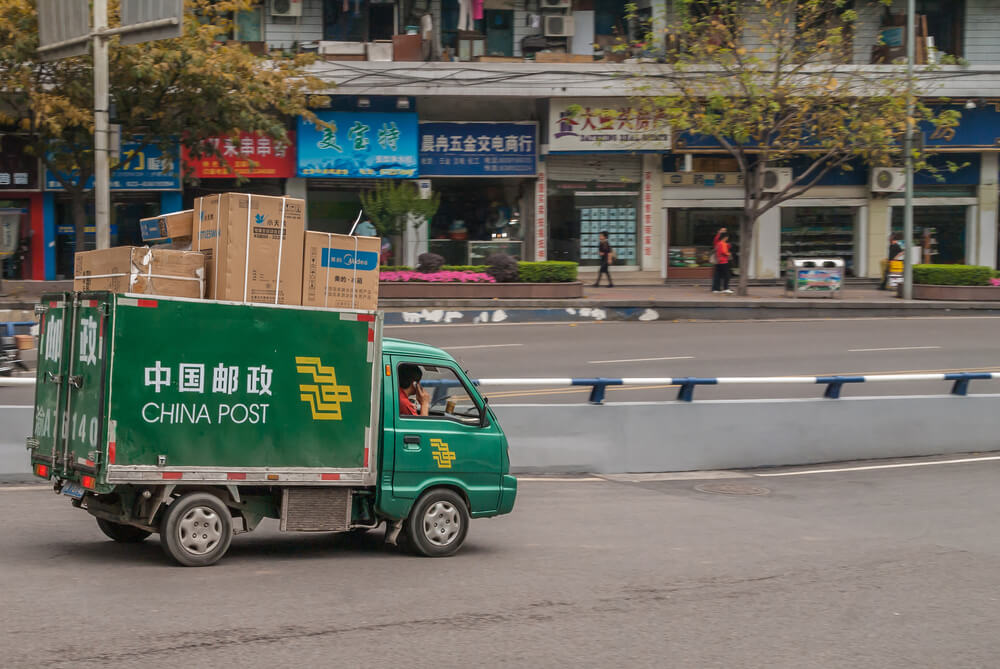Current chip and battery shortages drive up costs. However, COVID-related limitations have boosted production costs for Chinese electric car start-up WM Motor, CEO Freeman Shen said.
“When you add all of these things together, this is a fast-growing sector; but the cost component of the equation will be a difficulty,” Shen, who is also the founder and chairman of WM Motor, said on Wednesday.
In China, the world’s largest automobile market, sales of new energy vehicles, including battery-only and hybrid vehicles, quadrupled last year. The country has become a hub for electric car start-ups. Moreover, it is a launching pad for several conventional auto titans transitioning to electric.
In 2020, China immediately stopped the local spread of the coronavirus by enforcing rapid lockdowns in towns and suburbs. The Omicron variant caused several experts to wonder if the costs of the zero-COVID policy now outweigh the advantages.
Factories are already feeling the effects. According to a Chinese ministry in charge of manufacturing, the lockdowns will be a drag on industrial production in Q1. Due to a scarcity of semiconductors, automakers worldwide have reduced output. In the aftermath of the epidemic, geopolitical tensions and a surge in chip demand contributed to a supply shortage that lasted more than a year.
Outlook on The Remaining of The Year
Based on interactions with his start-11 up’s chip suppliers, Shen believes the chip scarcity will ease in the second half of this year. However, he mentioned another potential issue that may worsen rising battery raw material costs.
According to S&P Global Platts, battery-grade lithium carbonate prices were up more than 500 percent year over a year earlier this month. According to the firm’s study of industry insiders, 80 percent of respondents predict lithium prices to stay high this year; roughly four times higher than they were at the start of 2021.
WM Motor has also been impacted by the limitations, according to Shen. In addition to roughly 500 brick-and-mortar stores across the country, the company has research and development, production, and other business-side operations in Shanghai, Chengdu, Zhejiang province, and Hubei province.













